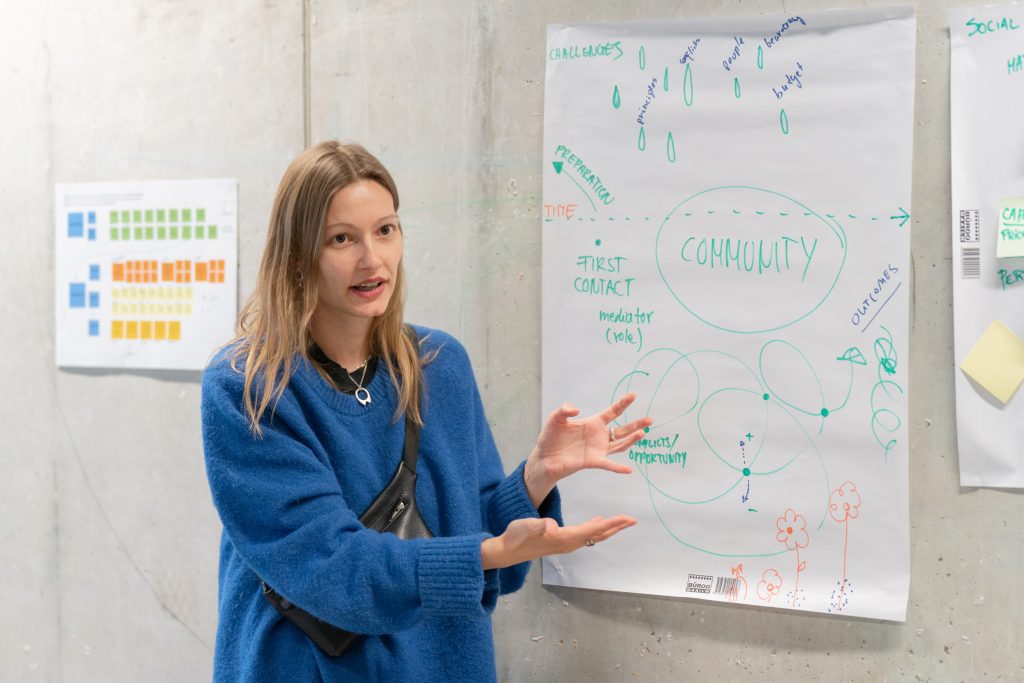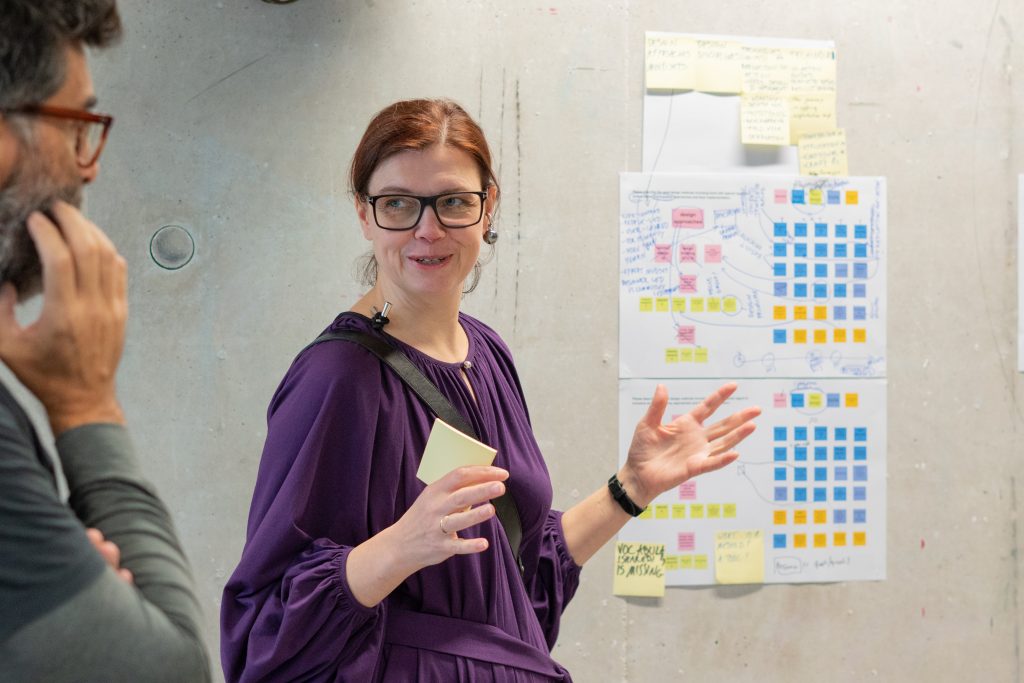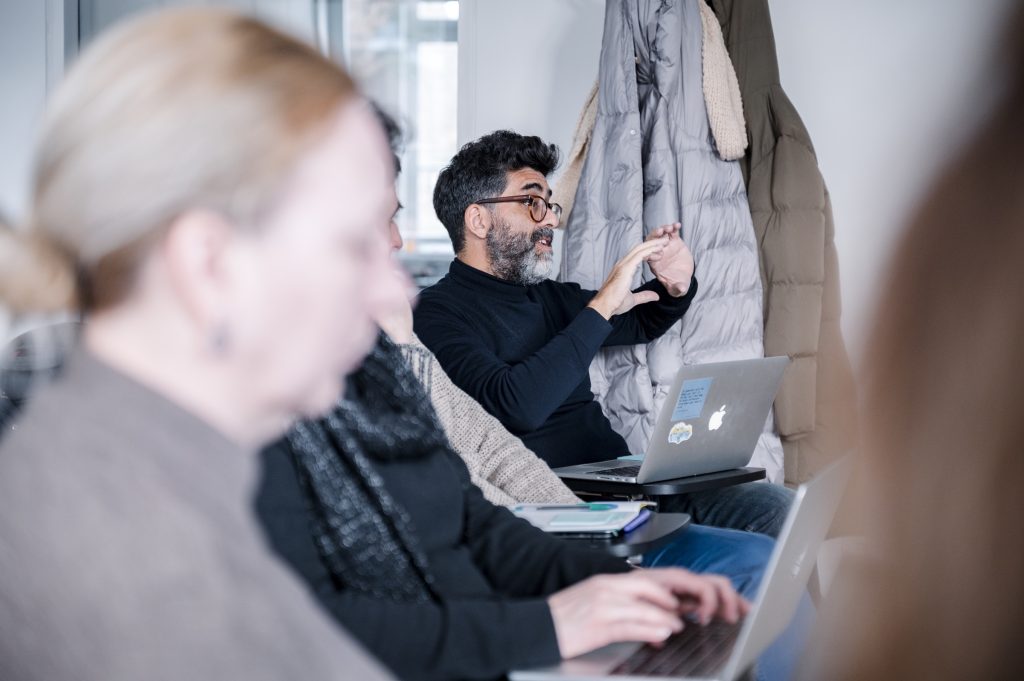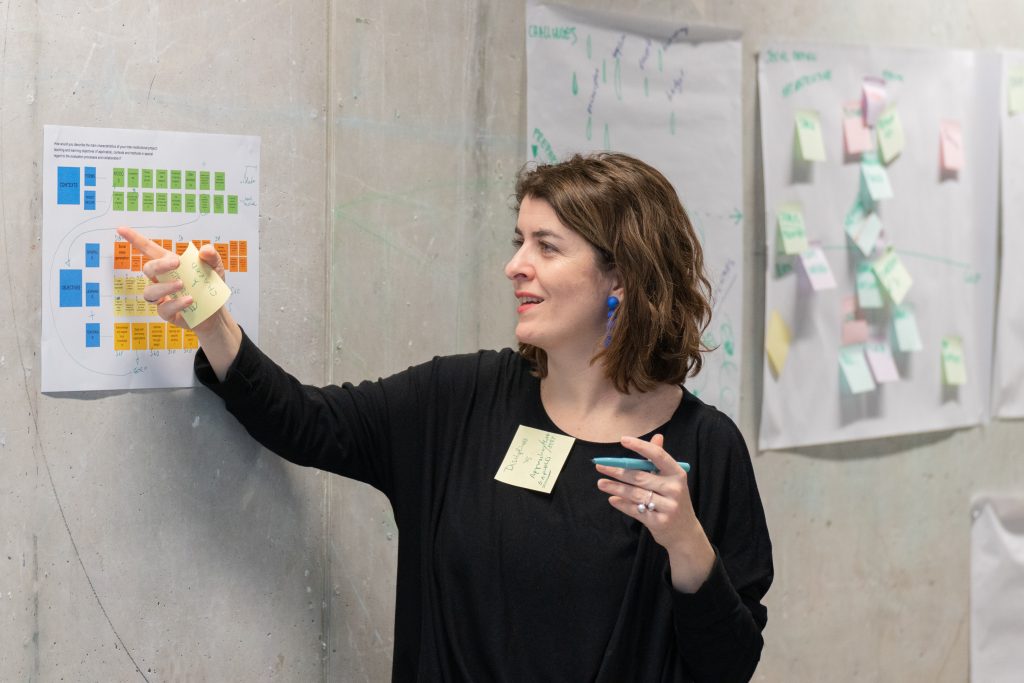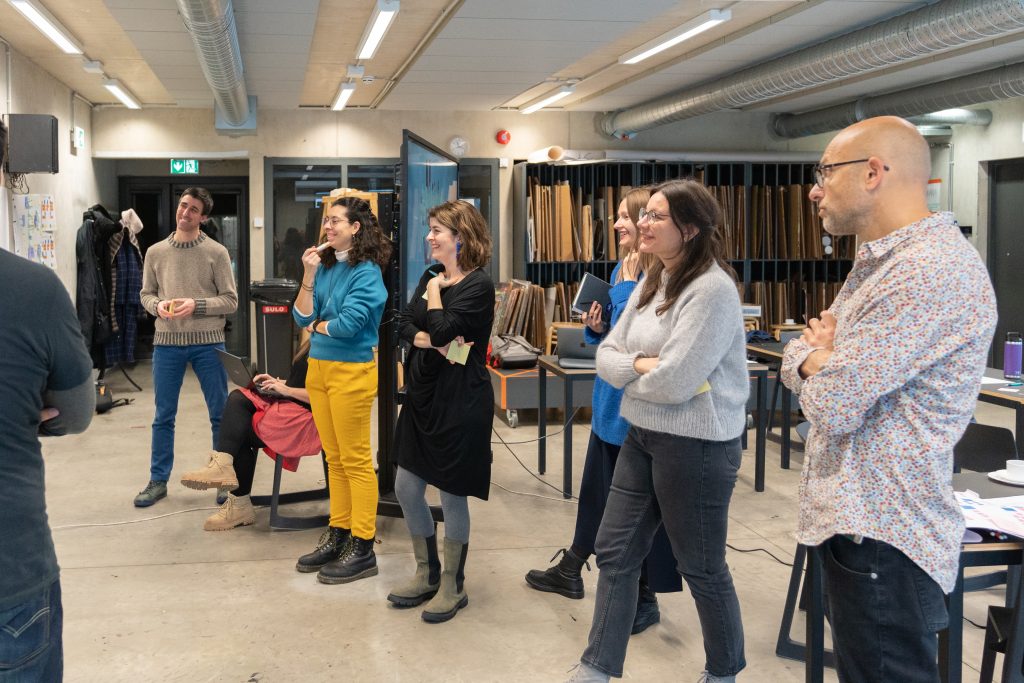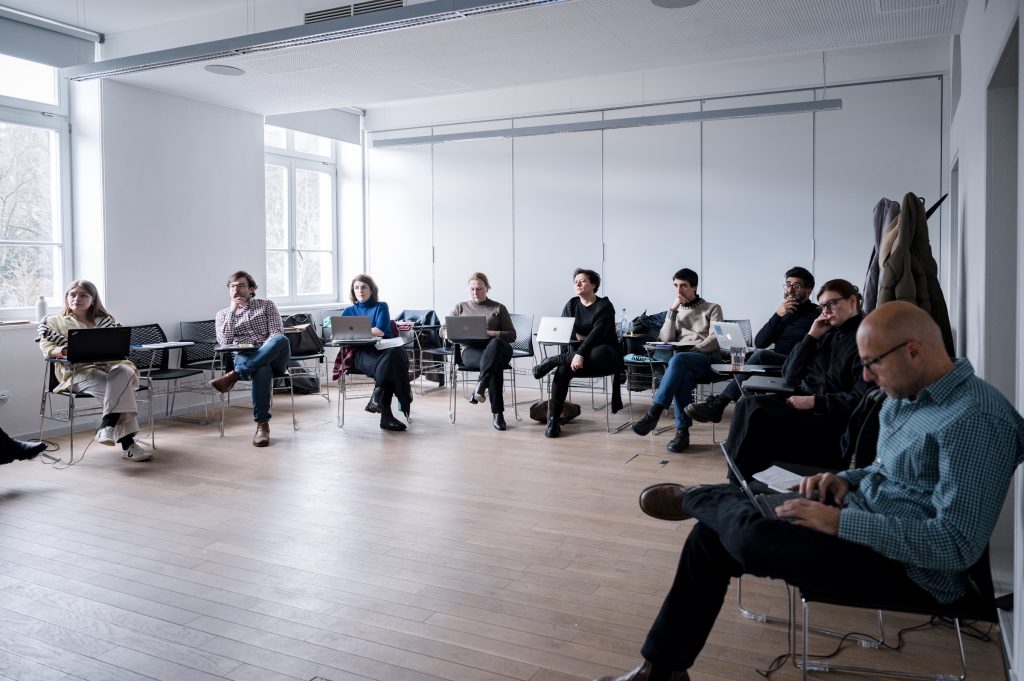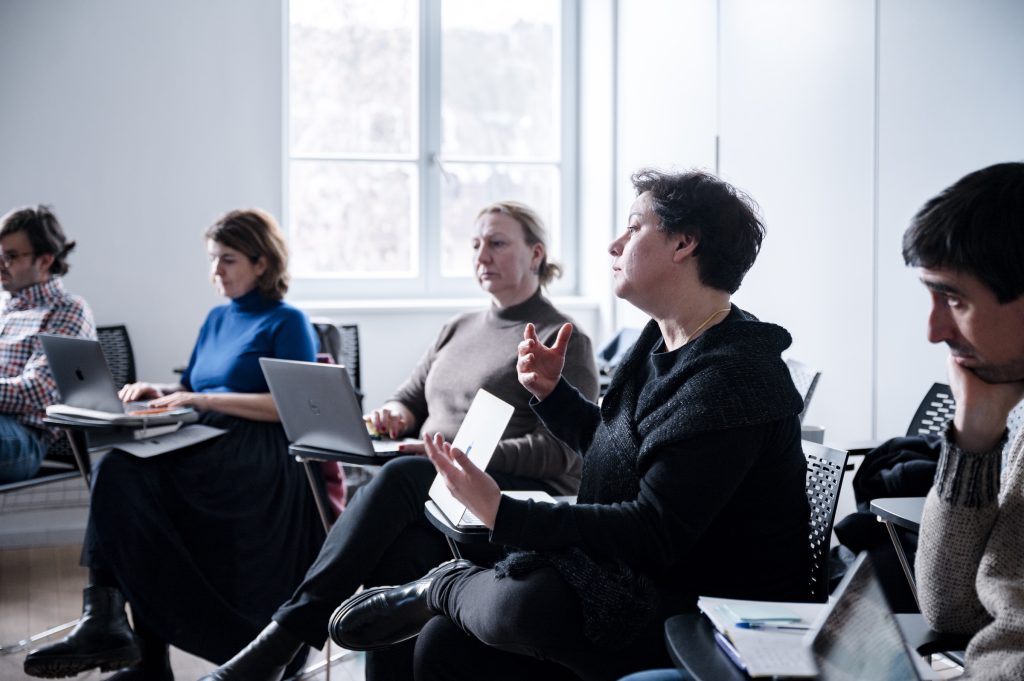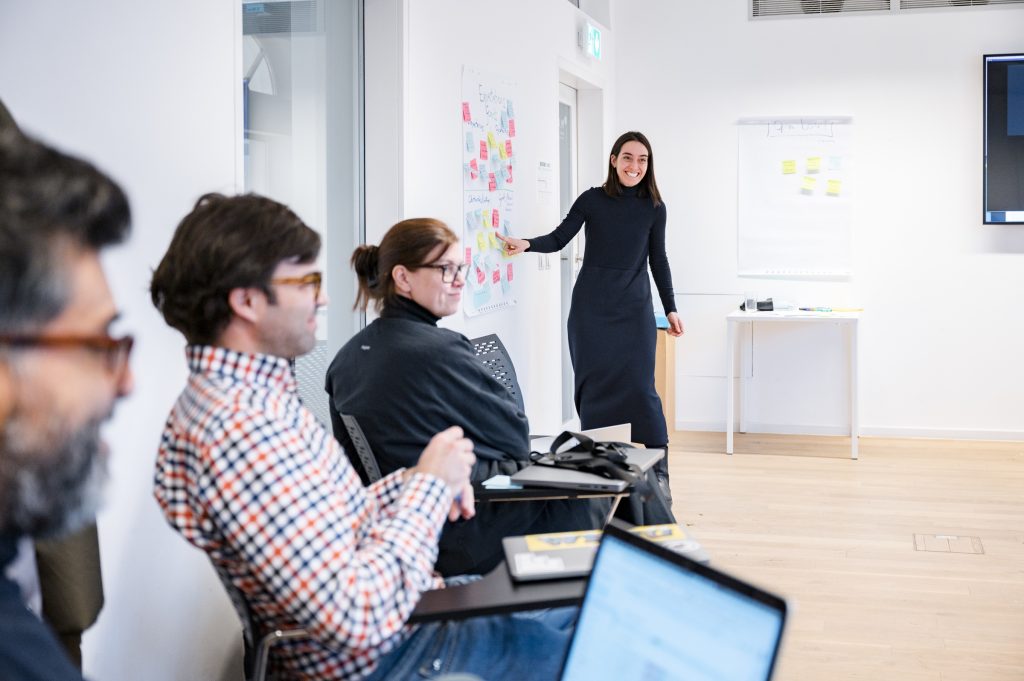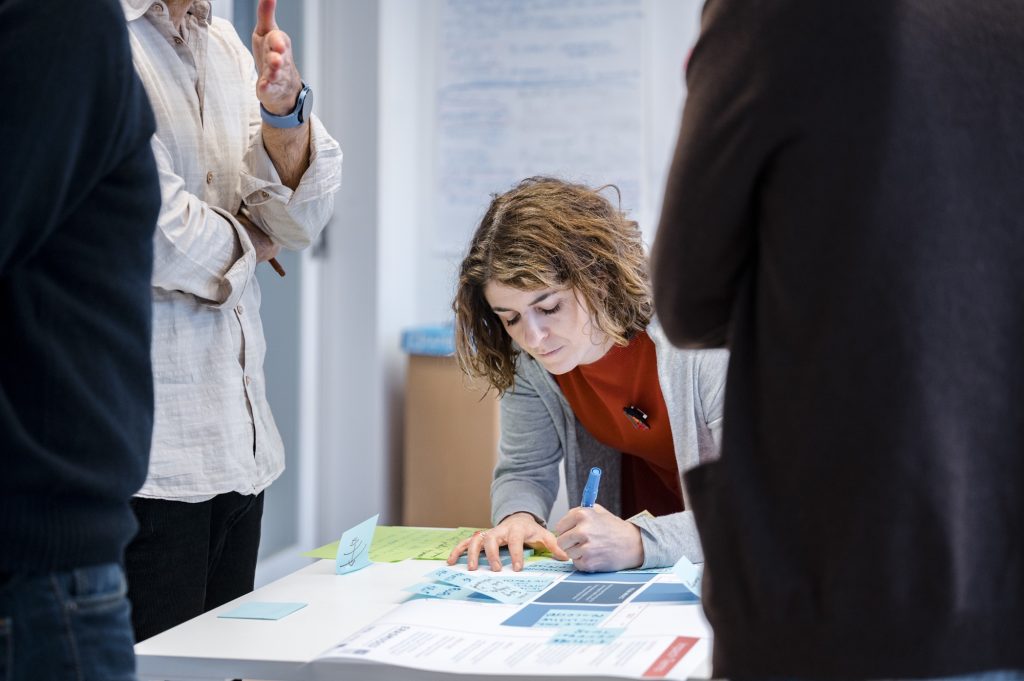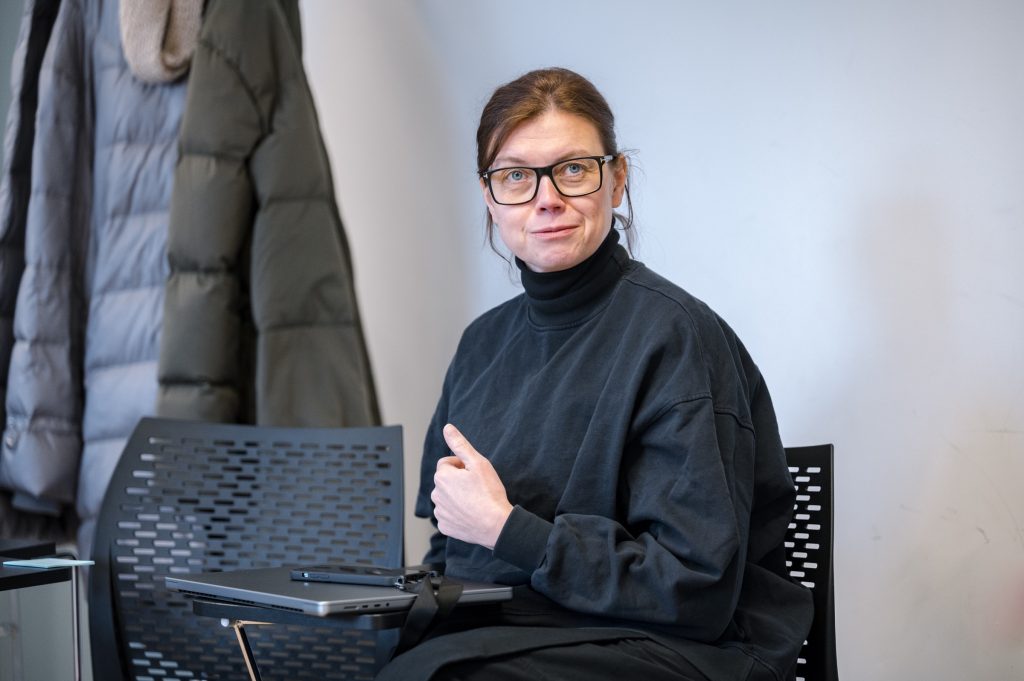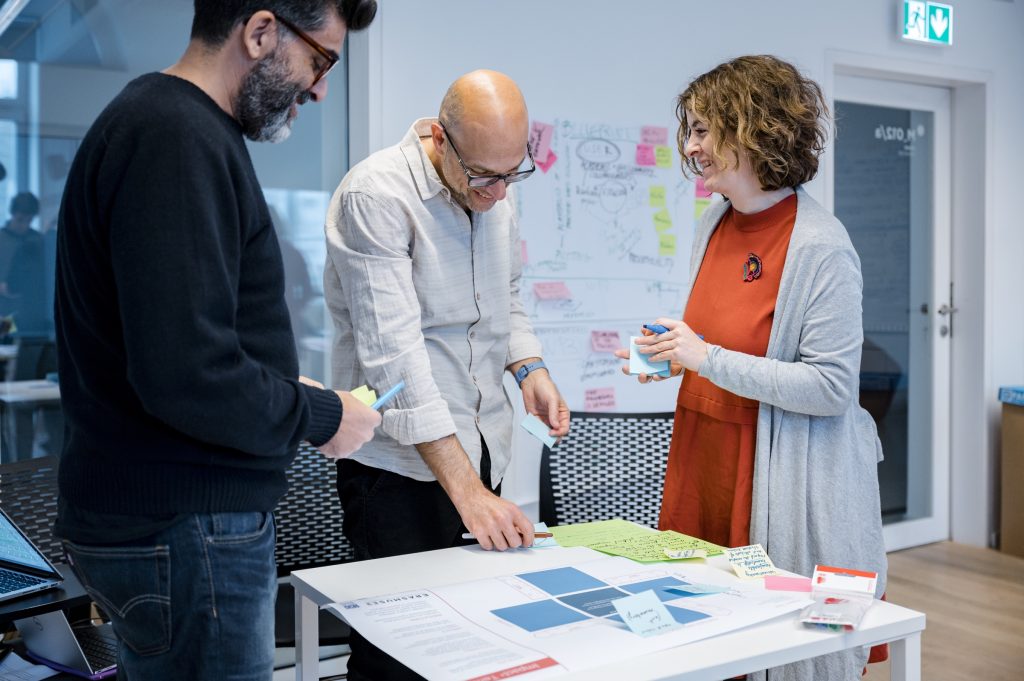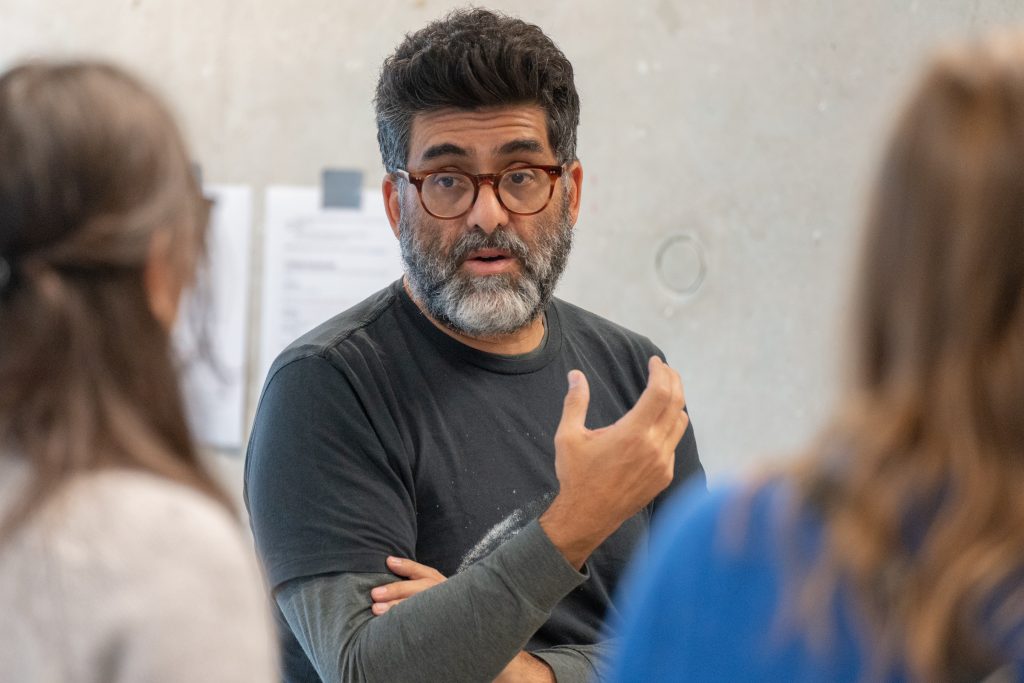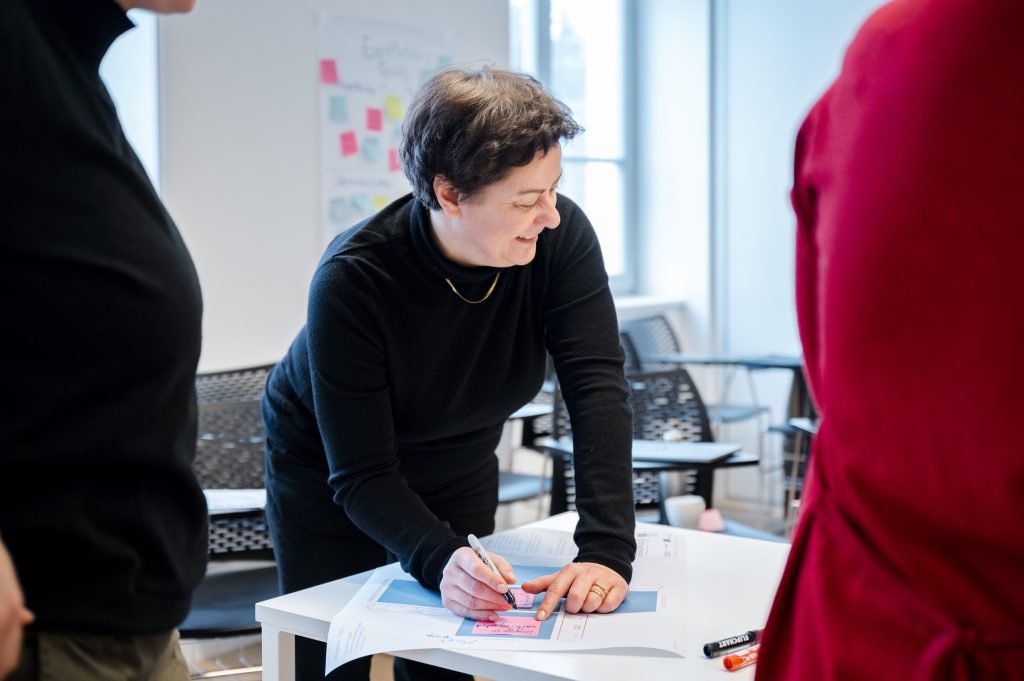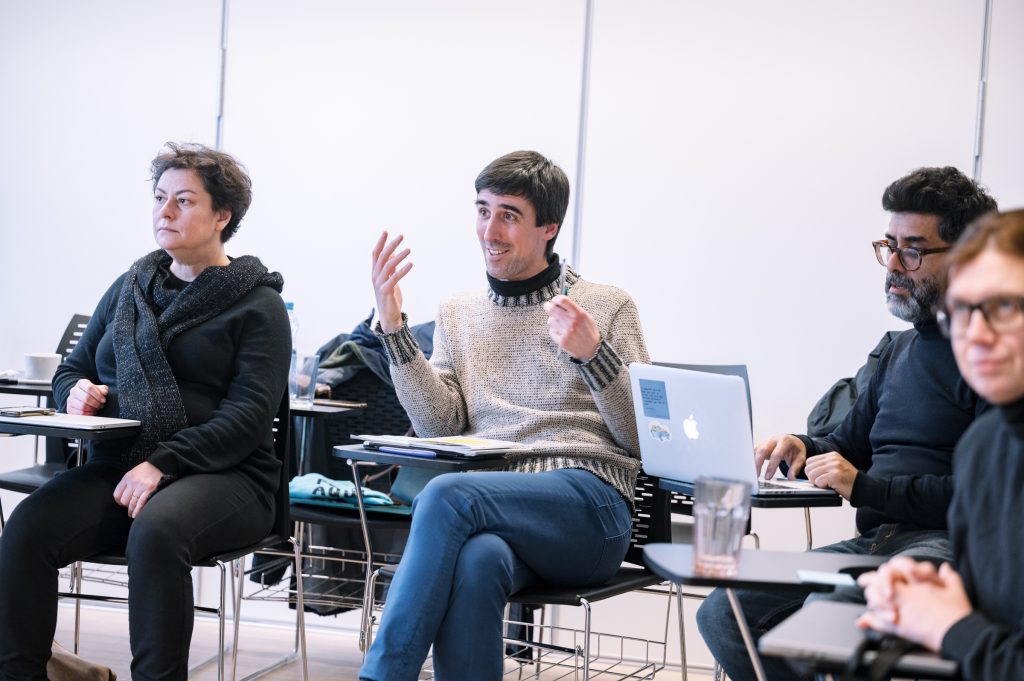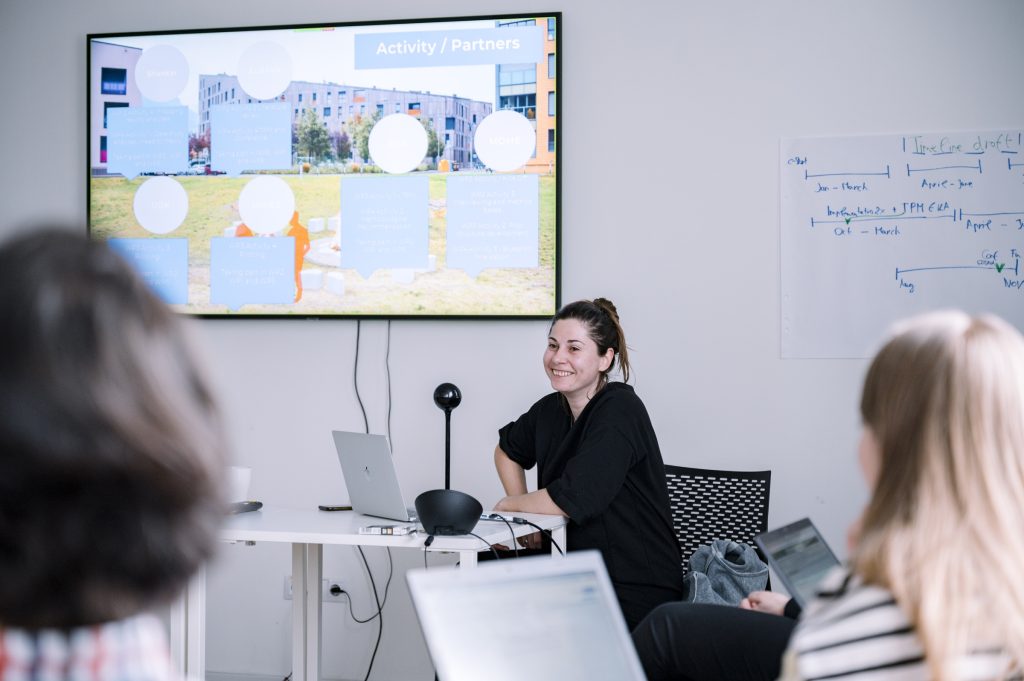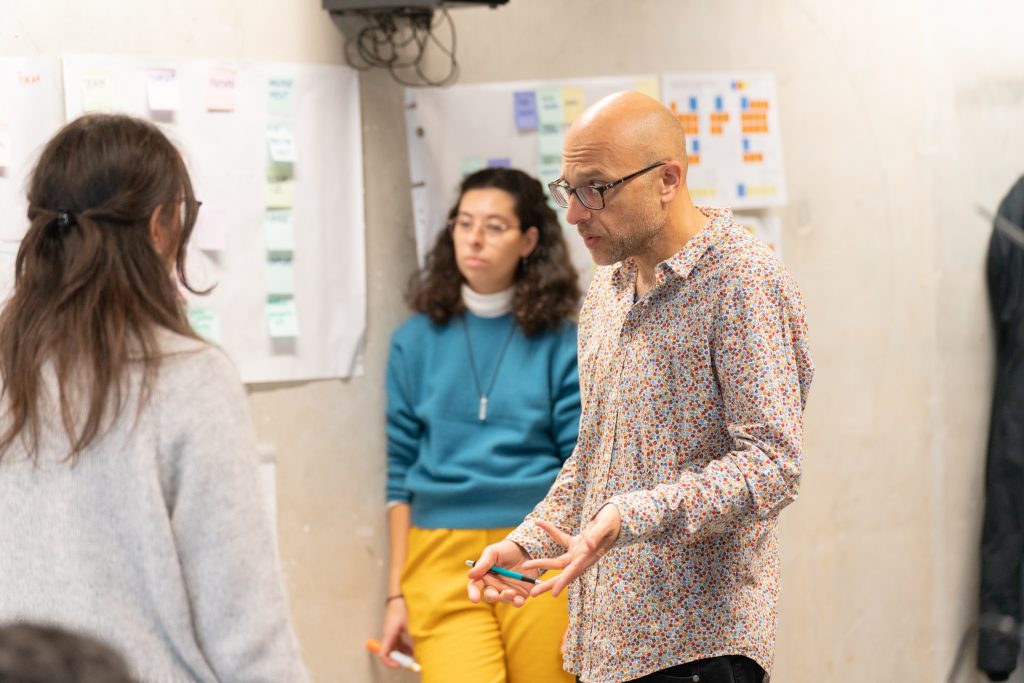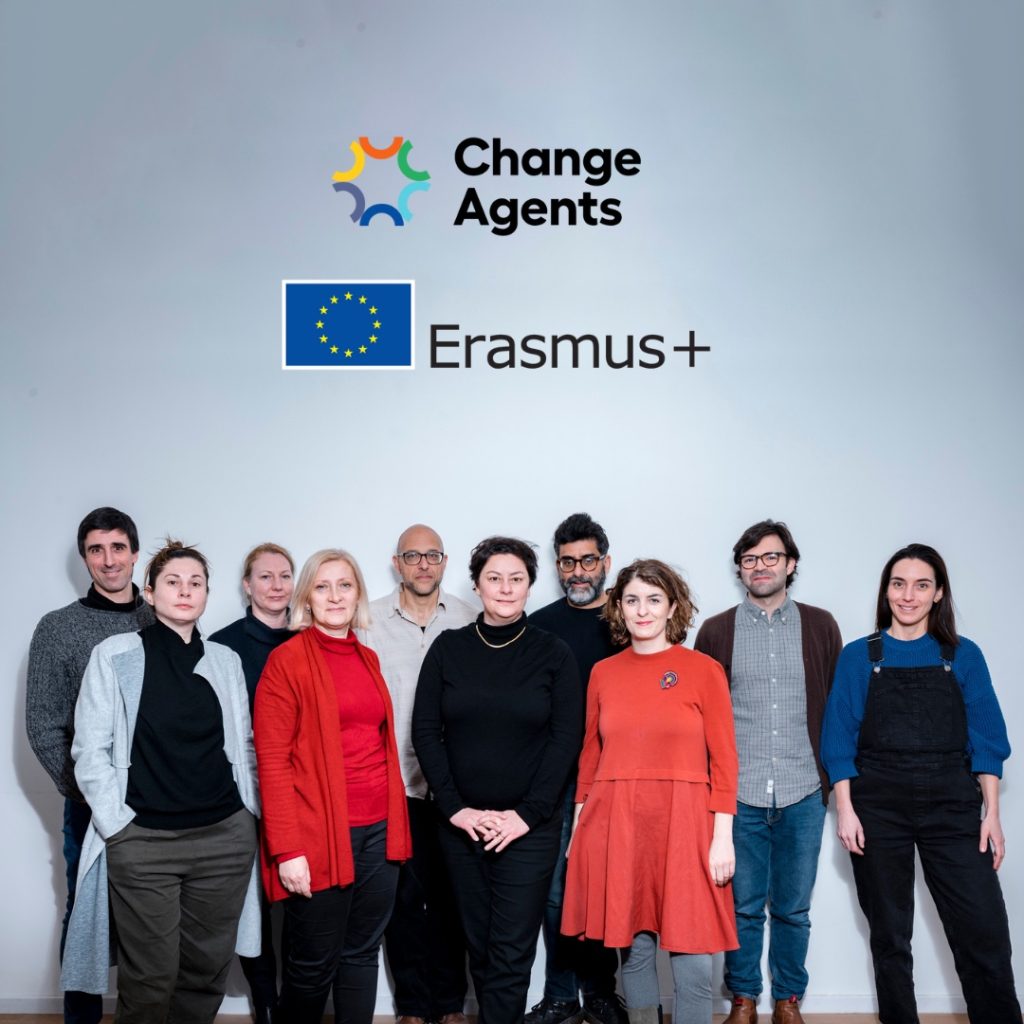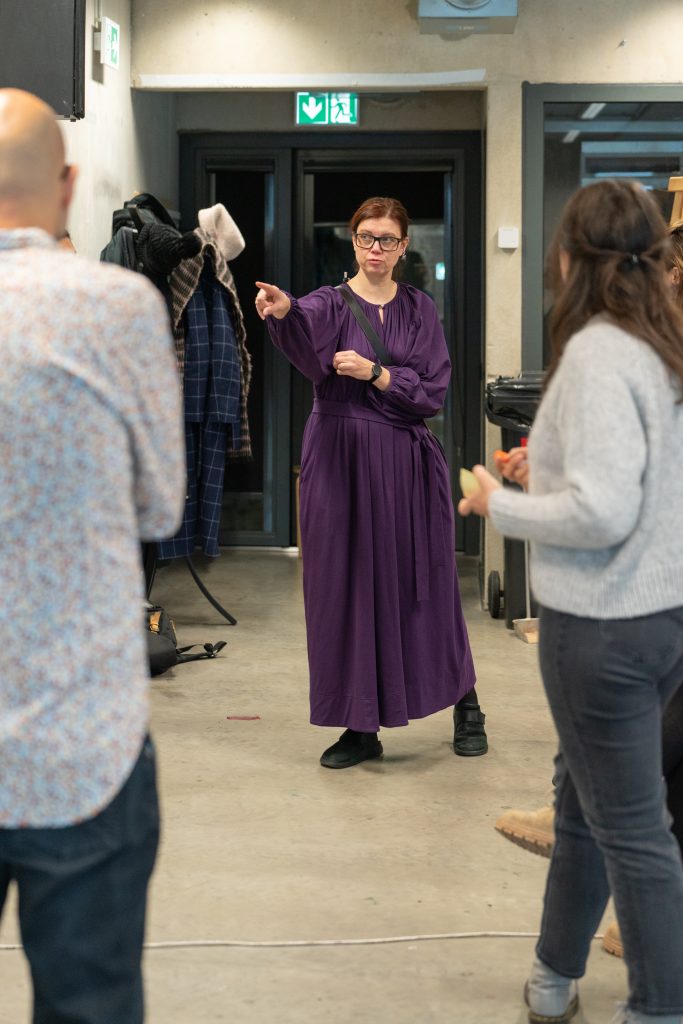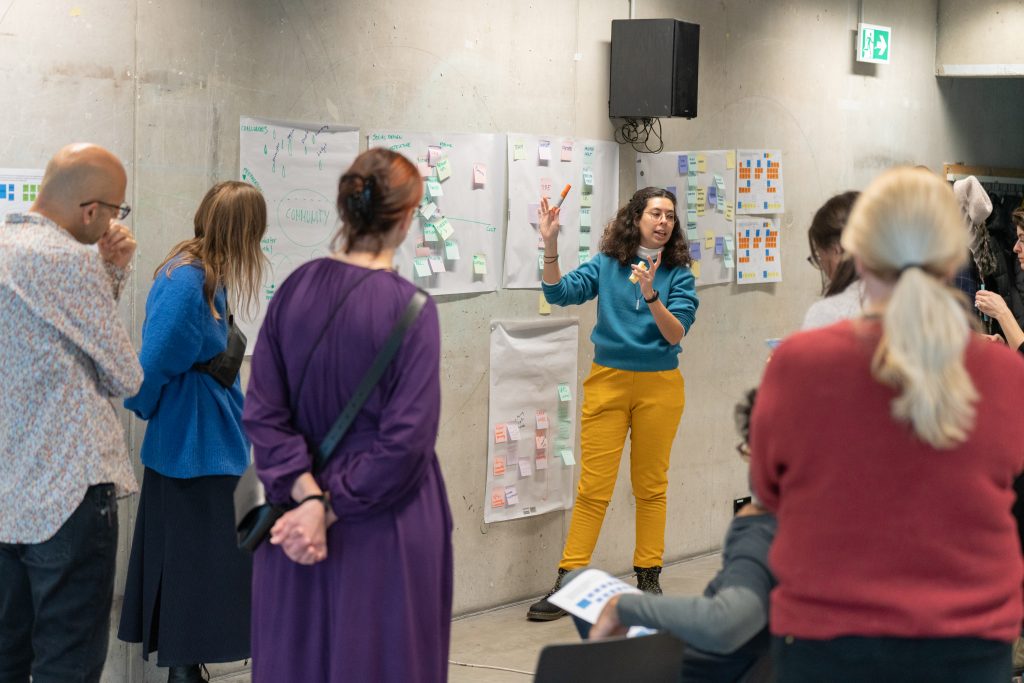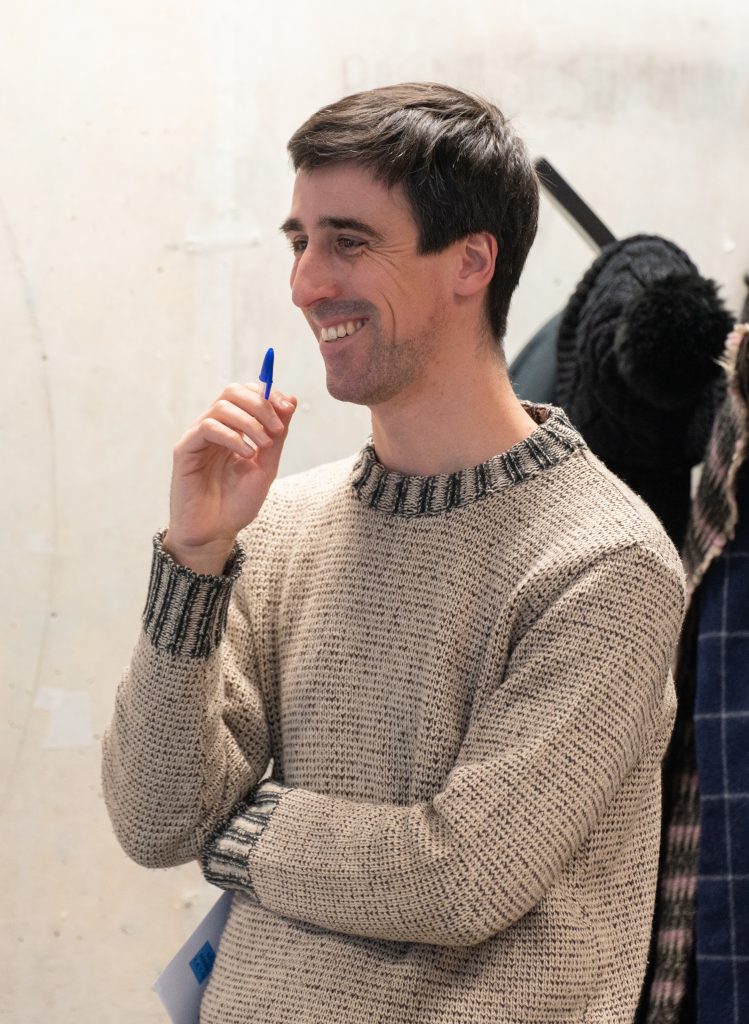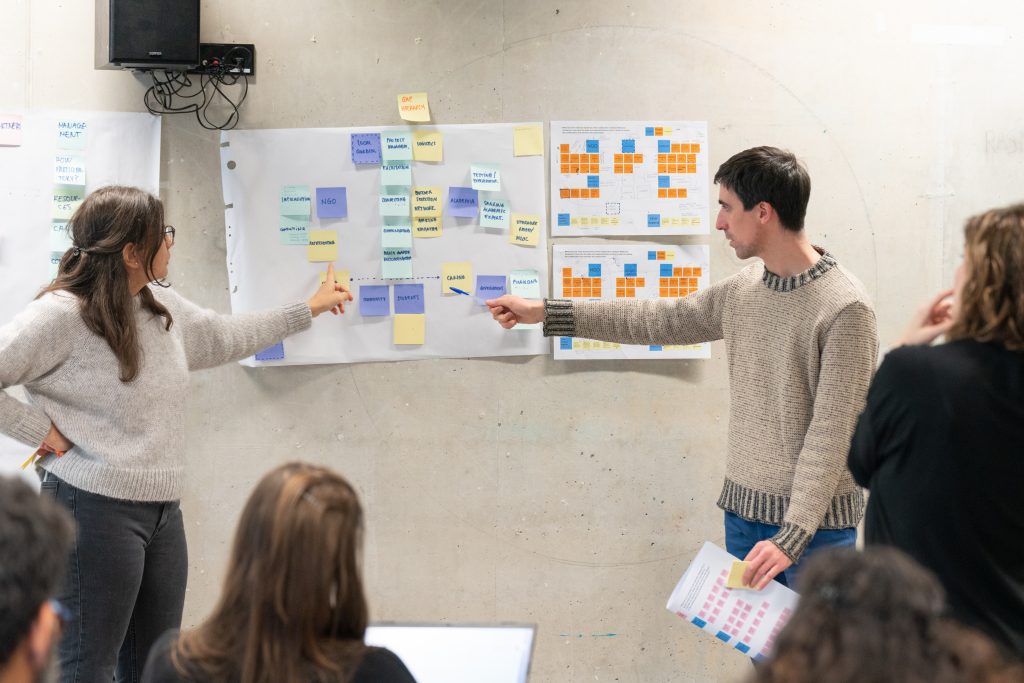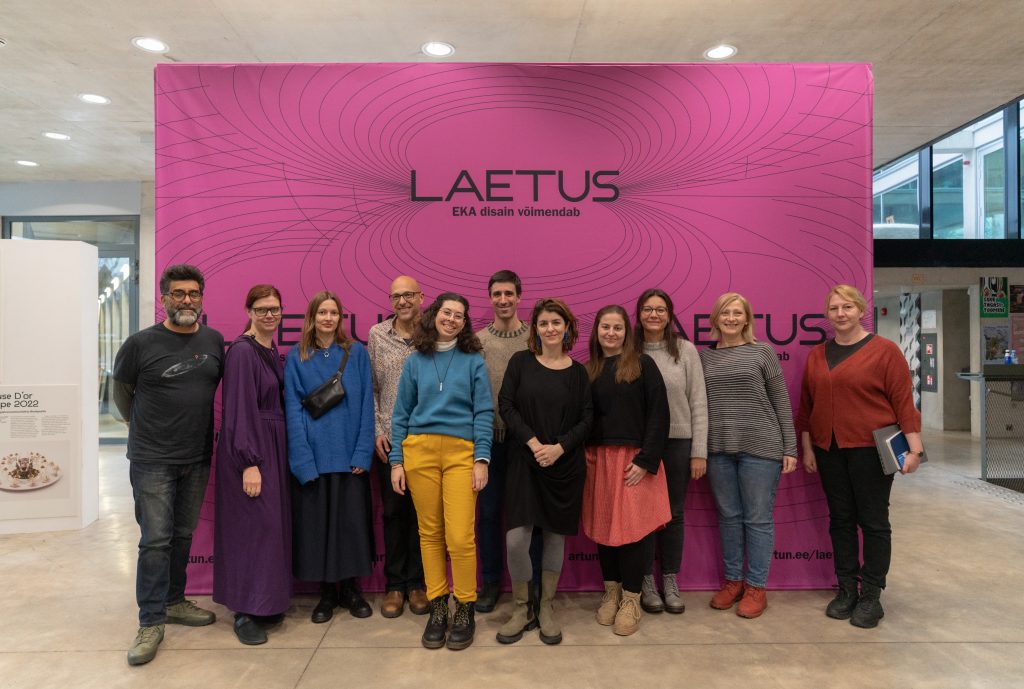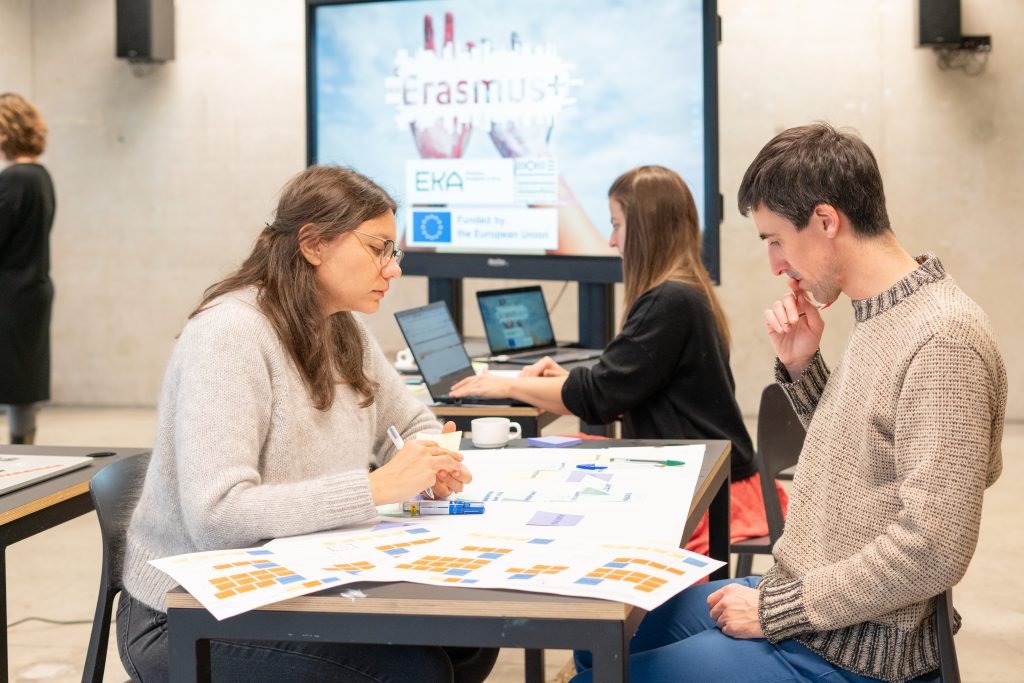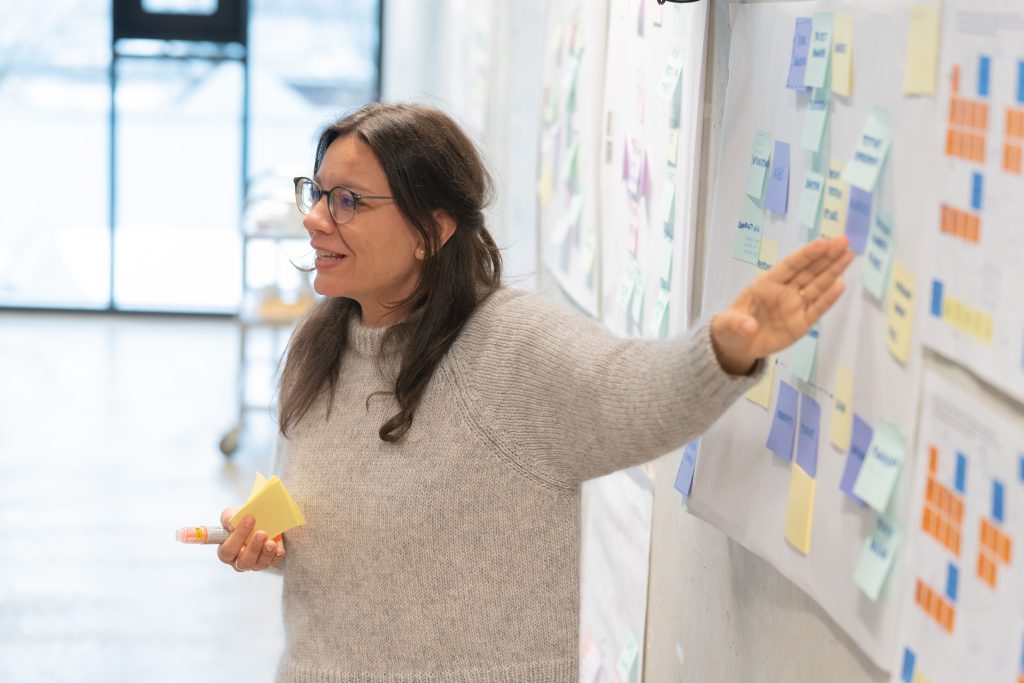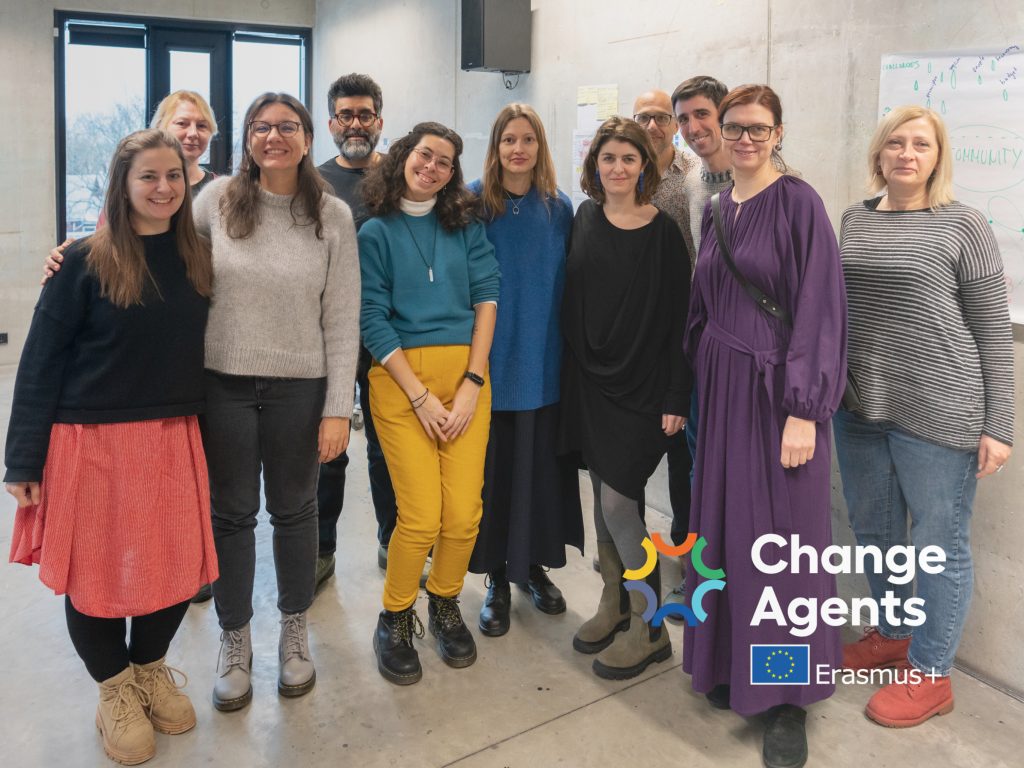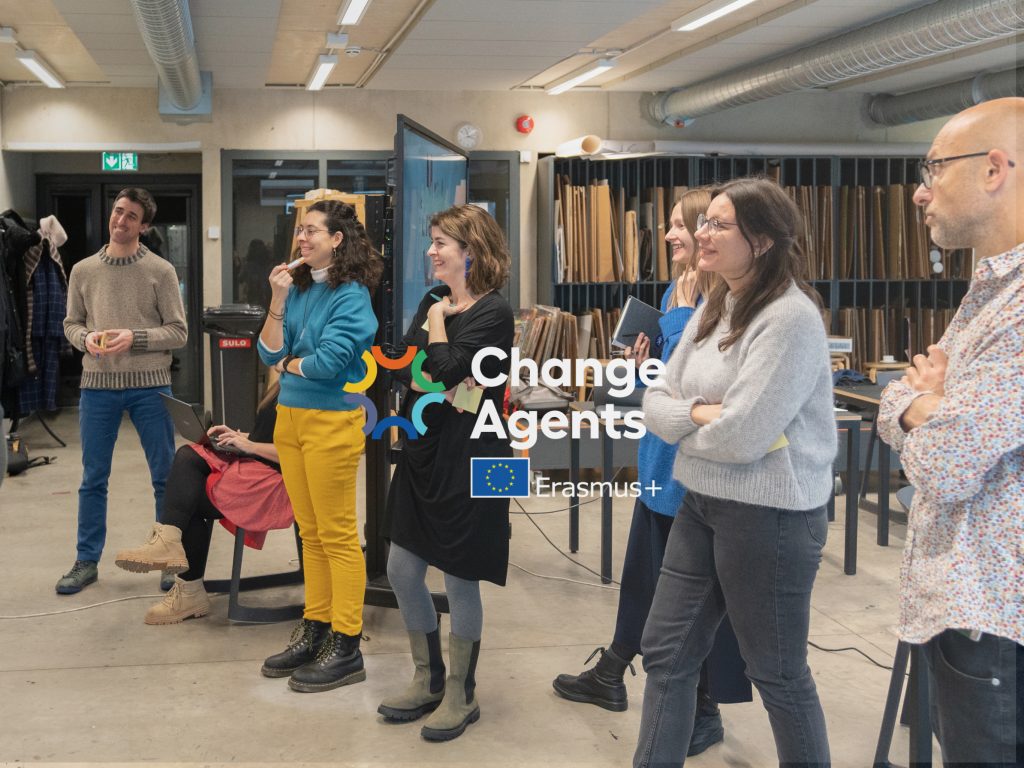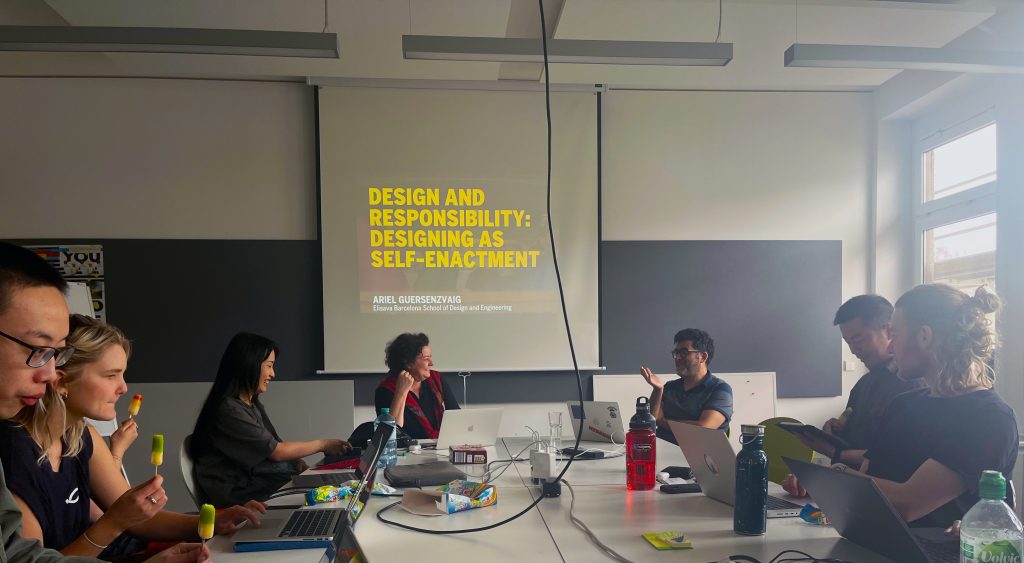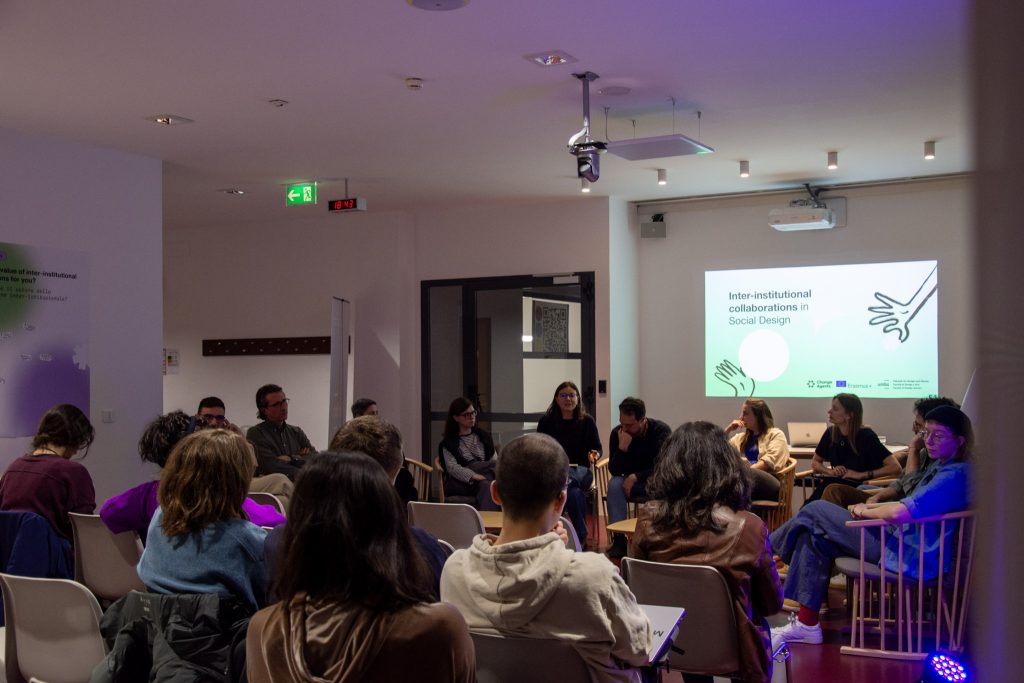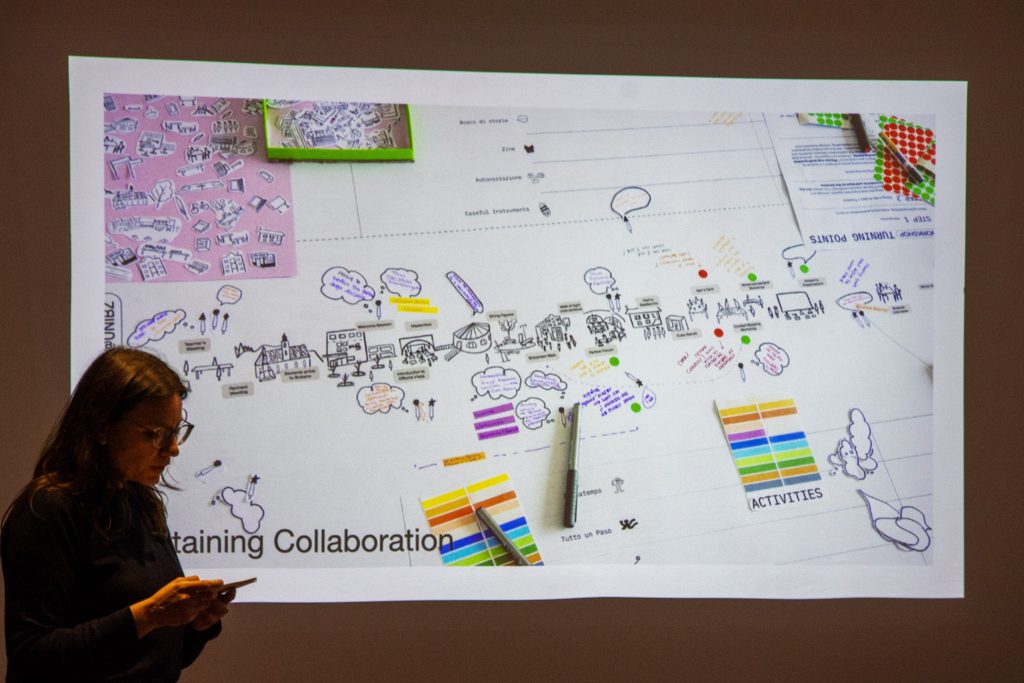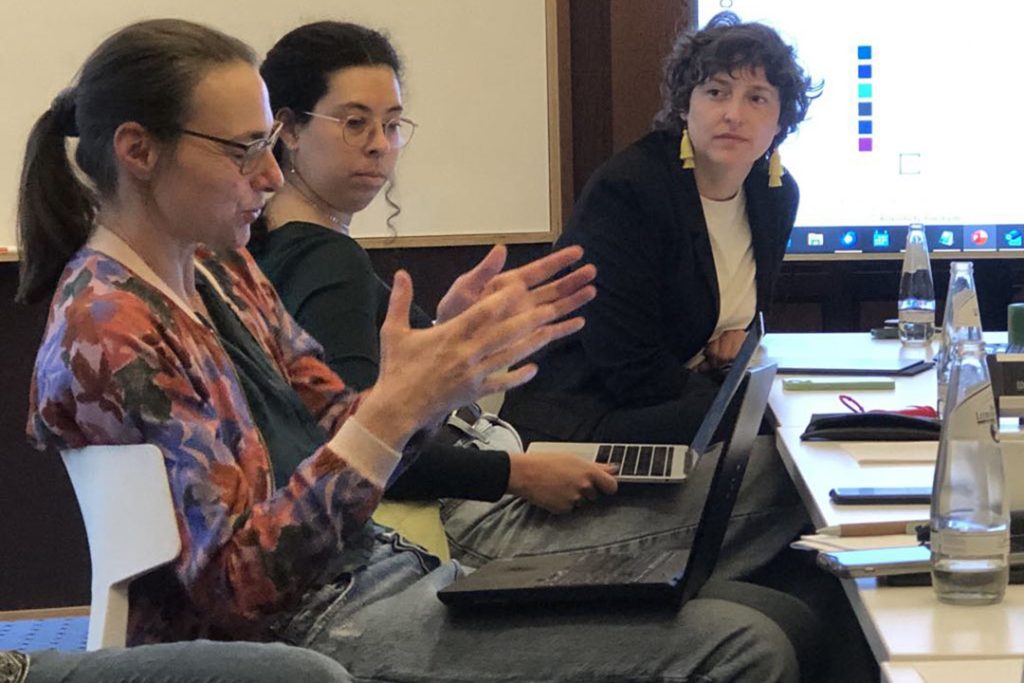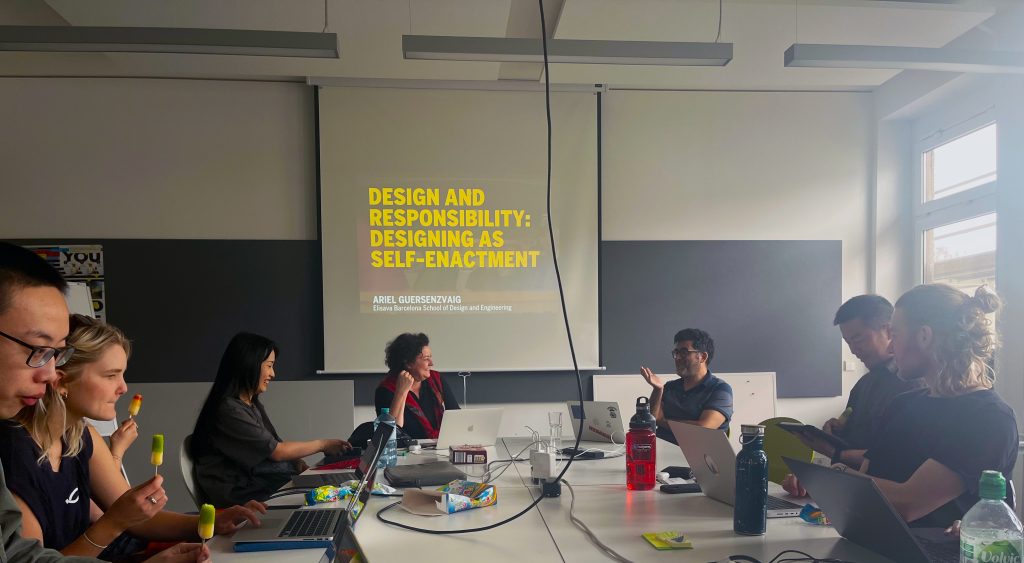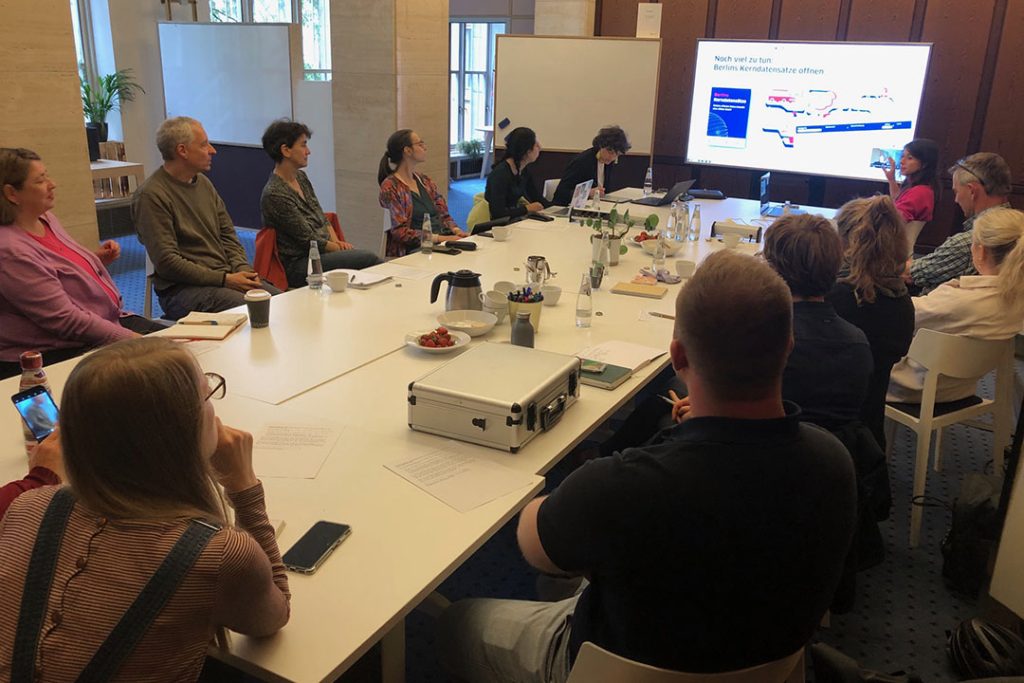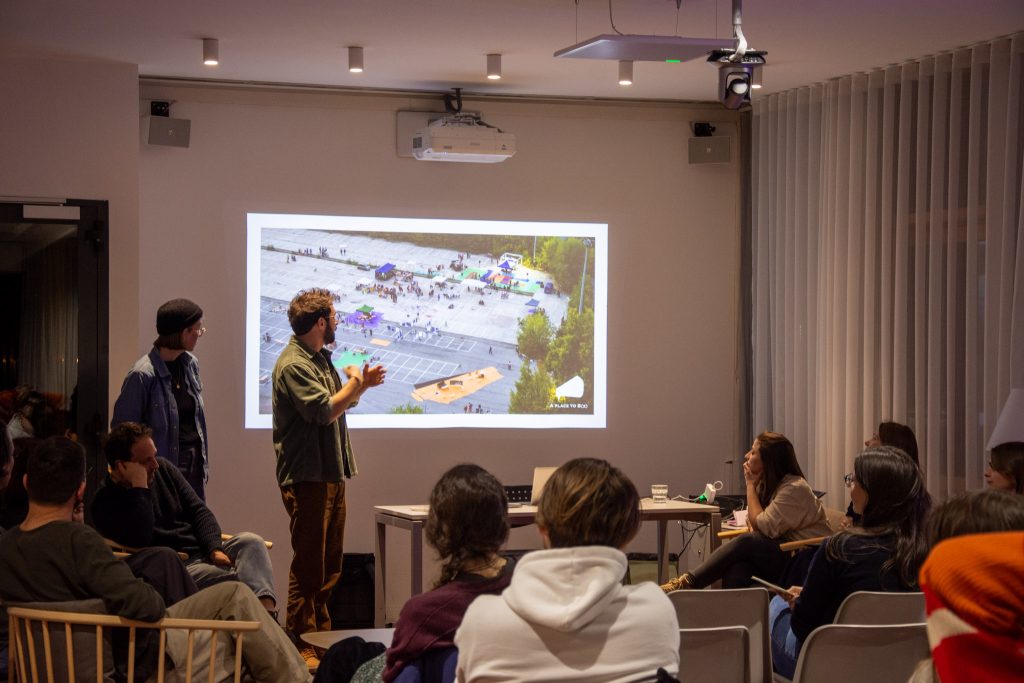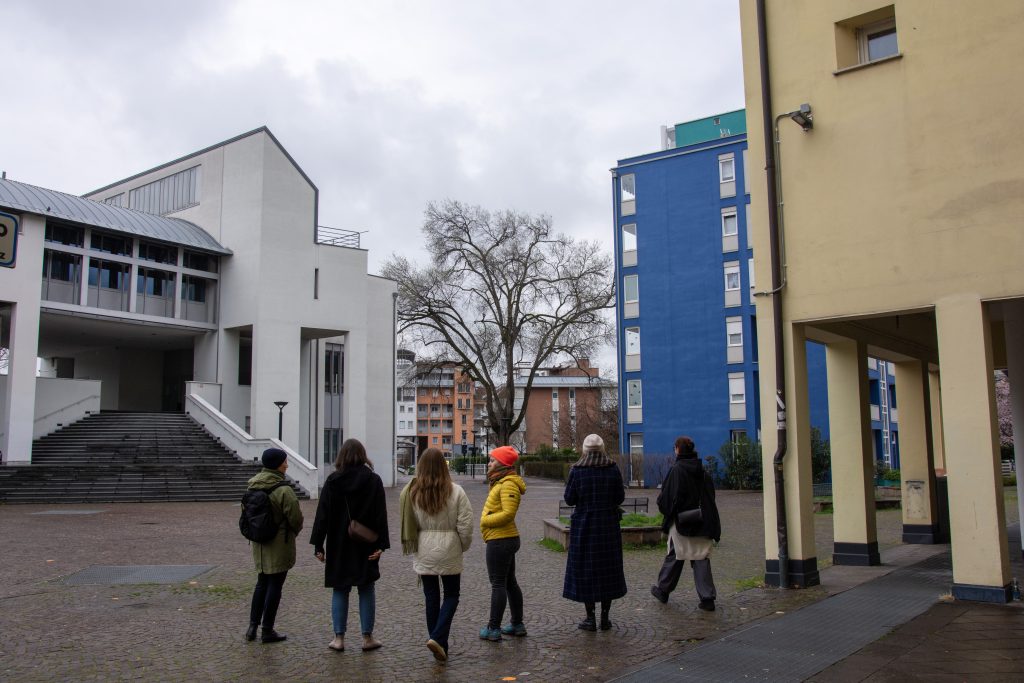Our Project
ERASMUS+ Change Agents
December 1, 2022 – November 30, 2024
Germany, Spain, Estonia, Italy, Hungary
About the project
Financed by the ERASMUS+ Grant – KA220-HED – Cooperation partnerships in higher education, the project partnership consists of six higher education institutions – with Moholy-Nagy University of Art and Design as project coordinator – and two NGOs as associated partners. The partnering institutions are dedicated to redefining design and art using social design approaches and methods.
The project promotes inclusion and diversity, which are rooted in the social design practice of the partnering institutions and individuals. Our aim is to encourage inclusion and diversity between different sectors and actors by setting examples and structuring the discovered knowledge on how to establish and sustain collaborations serving the real needs of different communities by the use of design.
The partnership itself promotes that higher education (especially in the field of design and art) will react more actively on real-life challenges with the involvement of “everyday heroes”, and shall engage collaborators and field workers to build up a more inclusive system where teachers and students can practise and master social inclusion and diversity in their academic context and beyond. The goal of this project is also to build a more inclusive higher educational system. Inclusion is understood as including non-academic institutions with the outreach to local communities into the academic setting. Diversity is understood as diversity of collaborators, institutions, NGOs representing a more diverse community and diversifying the notion of privileges the academic sectors sometimes represents.
The European Commission’s support for the production of the publications does not constitute an endorsement of the contents, which reflect the views only of the authors, and the Commission cannot be held responsible for any use which may be made of the information contained therein.
Project Number: 2022-1-HU01-KA220-HED-000088493
Project Phases
At the beginning of the project, the Change Agents project team met in Budapest in February 2024 to quick-start the collaboration with a 2 day workshop aiming at outlining the project and distributing the tasks, structuring these into project phases to efficiently achieve the final result.
MOME as Consortium lead facilitated the local workshops and discussions among the partners, who had jointly established the project plan for the forthcoming 2 years.
Communication activities began with an official press release and a press kit being assembled and shared within the consortium, including the brand identity specifically created for the project.
MOME was responsible to ensure the effective implementation of the project and make efficient use of the human and financial resources, carry out effective quality assurance, monitoring and risk management and to ensure smooth, effective and continuous communication between the project partners to ensure the strategic coordination of all project resources and activities towards reaching the project’s objectives in a coherent and successful way.
Project management activities were organised by MOME, and carried out with the assistance and contribution of all partner organisations.
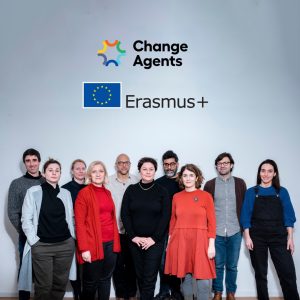
The first activities of the collaboration centered around gaining a deeper understanding of the already existing practices on the cross-section of social design and NGO related field work. The goal of these was to generate a more grounded understanding of the tools, needs and methodologies used in such collaborative settings.
Expert interviews were conducted within a geographically and professionally diverse group in order to recognize and articulate the knowledge of activists and various stakeholders.
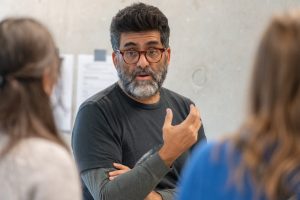
The project phase concluded with a Study Report, which comprises a thorough literature review, the summary of the interviews, and the conclusions which inform the recommendations of the Blueprint.
Project phase lead: Shenkar, ELISAVA
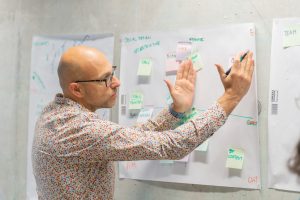
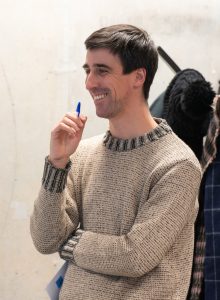
The goal of this project phase was to establish a draft methodology and to gain empirical knowledge on the objective level of its feasibility by testing it in a form of local pilot implementations.
To provide a solid base for the pilot activities, a 2-day content-related workshop took place in Tallinn organised by EKA, where project participants assessed the project’s progress and outlined the structure of the pilots, providing qualitative guidance and defining basic frameworks for the piloting activities.
An implementation report summarizes the pilot structure description as a framework, as well as the feedback and conclusions provided by the participants of the pilot activities.
The first pilot activity was carried out in Bozen-Bolzano involving the local NGO Officina Vispa.
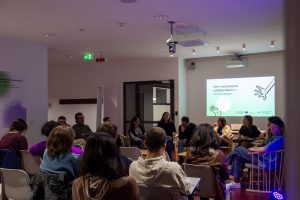
The second pilot workshop was held in Berlin, involving the colleagues of Democratic Society.
Project phase lead: UDK, UNIBZ, EKA
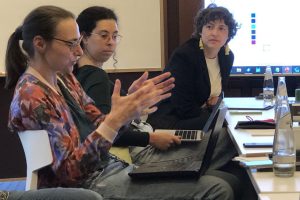
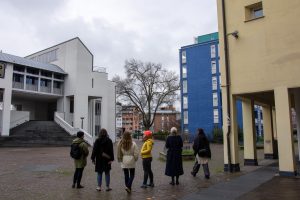
The main goal of this phase was to create a synthesis of the knowledge gathered during the previous activities and channel this into the methodological recommendations of the Blueprint in an open-access format.
After providing a deeper understanding of already existing practices on a theoretical level, forming a pilot structure and testing it in an action-based manner followed by observation, interpretation and iteration, the task was to structure, overview and analyse the accumulated results and learnings, and offer guidance on how to establish qualitative approaches for participatory collaborations between the higher educational sector and NGOs using social design tools as organising principles.
The Blueprint aims to contribute to training future ‘Change Agents’ in the educational setting, who are dedicated to stimulating societal change through their own practices.
The Blueprint includes elements from the study report (literature review with and interviews), case studies based on the two piloting activities, methodological recommendations, and practical guidance including recommendations and collective reflective practices.
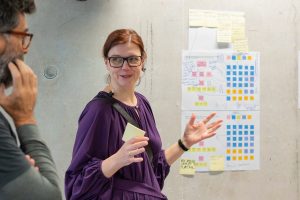
A special element of this result will be the provided ethical guidance which is a key aspect to consider while planning and implementing community-led social design projects.
Activities involving the use of the Blueprint will be fostered within a wide range of academic institutions, and the work will be introduced at a number of international events. Feedback on the usability of the Blueprint, the coherence of the material, the spectrum of the mapping process, and the visuality will continue to be collected from target group professionals, experts, students, and academic citizens and NGOs.
Project phase lead: EKA, MOME
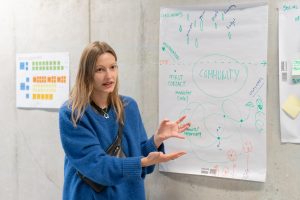
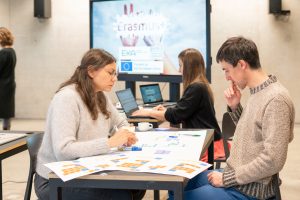
The Blueprint will be published at a closing event and become available to the public in an open-access digital format, ready to be implemented by HEI and academic stakeholders.
We believe that bringing the academic sector and the NGO ecosystem closer to one another can strengthen the social impact, awareness and relevance of HEI operations by channeling education to field-work oriented challenges while providing valuable insights, mutual understanding of contexts and knowledge-sharing on methods of fruitful collaborations.
Project phase lead: ELISAVA, MOME
Podcast
“The power of conversation has been long known in society, and still, there are regular efforts to preserve and maintain the spaces and opportunities for genuine conversation in today’s world of screens and distractions.”
Paula Marantz Cohen / “Talking Cure: An Essay on the Civilizing Power of Conversation”
What is meaningful change? What does collaboration mean and how can we work towards more inclusive and just futures?This podcast delves into key issues of collaborative practices that emerge from the fieldwork during collaborations between design focused academia and NGOs/non-profit organisations.
We focus on collaborations between institutions, students, collectives, NGOs, and movements that aim to initiate, support, or create space for eco-social transformation. Each episode is an invitation to see collaborative social design practices in a new light – together with practitioners, activists, and academics. The podcast critically discusses aspects that arise in social design, i.e. power asymmetries, temporalities, safe grounds for co-learning and new understandings of knowledge and knowledge production.
Change Agents Blueprint
Partners and Collaborators
Project Coordinator
Moholy-Nagy University of Art and Design (MOME)
Bori Fehér, Rita Szerencsés, Erzsébet Hosszu, Borbála Marosán, Zsófia Pataky, Katalin Damjanovich
Project Partners
Berlin University of the Arts (UDK)
Bianca Herlo, Nara Capdeville, Nada Bretfeld
Estonian Academy of Arts Tallin (EKA)
Ruth-Helene Melioranski , Eva Liisa Kubinyi
Free University of Bozen-Bolzano (UNIBZ)
Teresa Palmieri, Jacopo Ammendola, Sónia Matos, Seçil Uğur Yavuz, Nicole Faiella, Kseniia Obukhova, Flora Mammana
Shenkar College of Engineering, Design and Art
Prof. Jonathan Ventura, Meitar Lubotzky
Elisava, Barcelona School of Design and Engineering (ELISAVA)
Ariel Guersenzvaig, Guim Espelt Estopà
Partner NGOs
Officina Vispa (Bozen/Bolzano)
Sergio Previte, Gianluca Tenin
Democratic Society (Berlin)
Elizabeth Calderón Lüning
External Reviewers
Mariana Salgado, Andrea Wollensak, Melanie Sarantou, João Lutz, Sergio Previte, Gianluca Tenin, György Málovics, Liesbeth Huybrechts, Lee Davis
Photo credits
Máté Lakos (MOME), Evert Palmets (EKA), Nara Capdeville (UDK), Nicole Faiella (UNIBZ)

